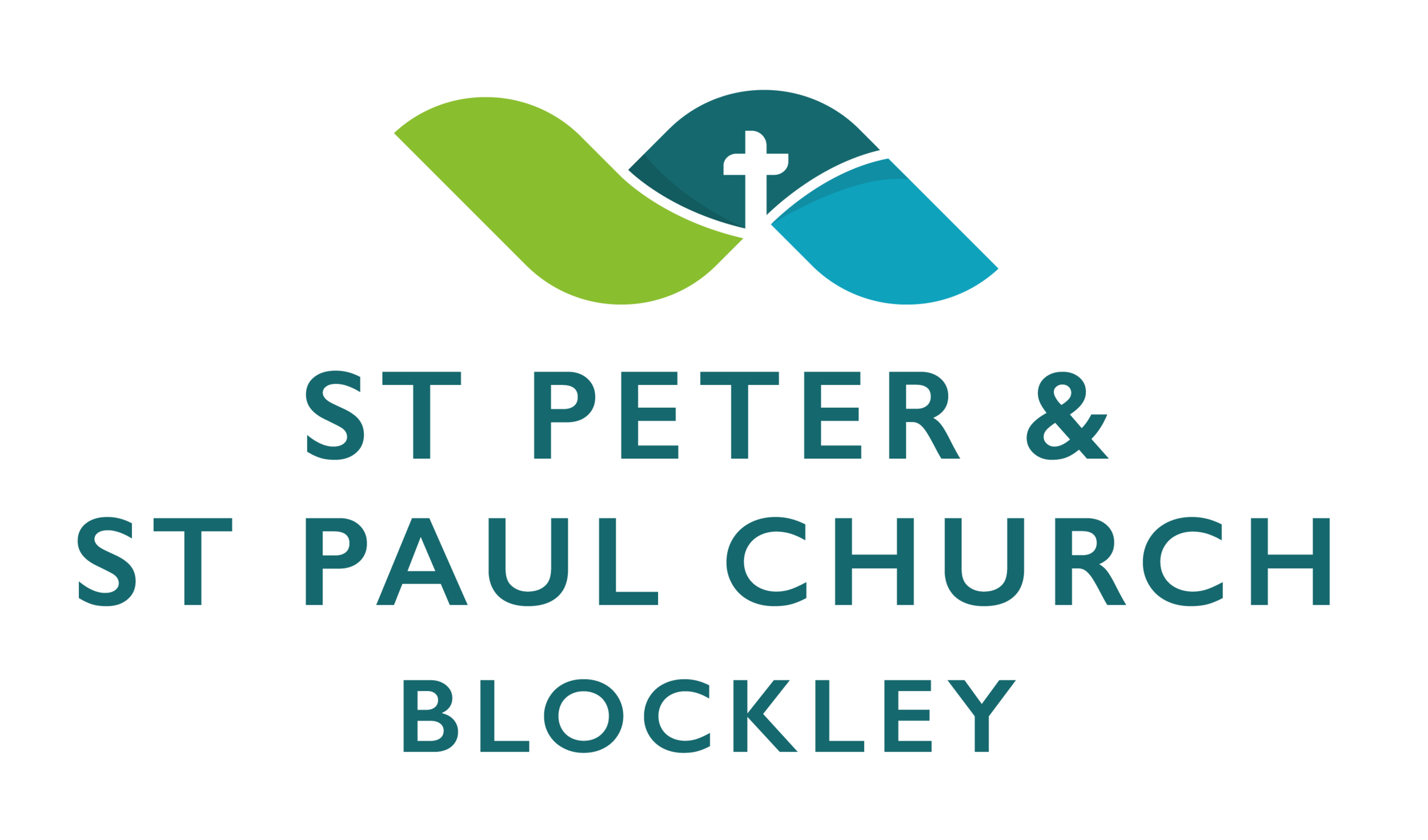Plough Sunday at Ebrington
On 21st January we will be joining with Ebrington congregation and friends from Bourton on the Hill for a special service for Plough Sunday which is traditionally held in Ebrington. It will be a “service of the word” with prayer and readings as we ask God to bless the land and those who work with it.
For people wishing to receive Holy Communion there will be a traditional said Communion service at St.Lawrence, Bourton on the Hill at 11:15 am.
Some background information on Plough Sunday published by the Diocese of Winchester.
Plough Sunday is thought to be a very ancient festival, abandoned at the Reformation and then revived by the Victorians. Traditionally it was celebrated on the first Sunday after Epiphany, which falls on 6 January, and then ploughing began the next day, Plough Monday. Since Victorian times many farms have owned their own plough, so a representative plough was brought into church for a blessing, but in the medieval period, when there was only one plough in each village, the village plough was drawn through the streets to be blessed at the church, and was followed with much food, drinking and revelry. For medieval farmers it was an important occasion. The village plough was cleaned and decorated, it was then dragged to the church to be blessed and for prayers for a good harvest before the start of the new season’s work. During the service the ‘plough light’ - a candle kept lit in the church throughout the year - was paraded ceremonially. After the blessing, the plough was pulled through the village again, led by a Fool and a boy dressed as a woman called a ‘Betsy’. The procession stopped at as many pubs and friendly houses as possible for revellers to demand drinks. Pennies were also collected along route as a contribution towards keeping the plough light going in the church throughout the year - though others say it could have been to boost the kitty for “ale” that evening at the tavern. It would appear that anyone not paying a penny was likely to find a furrow cut across their land by morning! The day ended with a village feast, ale or beer flowed, and the traditional centrepiece was always a large Plough Pudding - a suet pudding stuffed with sausagemeat, bacon, onion, and sage. The recipe is readily available on the internet for anyone who wishes to give it a go. Modern farming practices have changed, of course, and the widespread sowing of winter wheat means that much farming is now carried out in the autumn, but how marvellous to have two opportunities to celebrate the work of our farmers – both at Harvest Festival and on Plough Sunday
